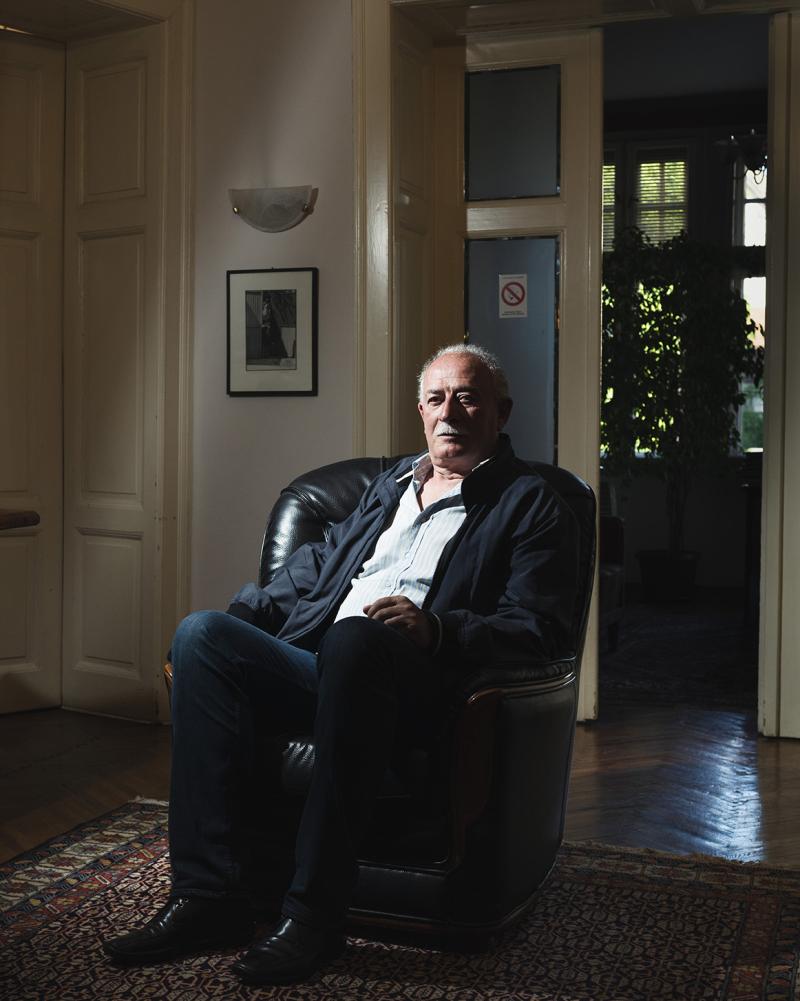Chapter 1: Serbia
Reconciliation was one of the main goals of the International Criminal Tribunal for Former Yugoslavia (ICTY). Justice was seen as a means to compensate victims and ban perpetrators from power.
However, 26 years after the genocide in Srebrenica, in the Balkans most of the current political leaders are still linked to the nationalist movements from the war era, and power is still divided along ethnic lines. Former ICTY prosecutor Serge Brammertz, addressing the Security Council in July 2019, stated that the situation has worsened dramatically in the last five years: "Denial of crimes and the glorification of war criminals are destabilising the region and preventing reconciliation".
In Serbia the team met several actors in this process: four convicted war criminals (two high level politicians and two high ranking military officers, who are now free men), young and veteran activists who campaign against glorification, defence lawyers and academic researchers.
The media hook to publish this story is the final judgement for Ratko Mladic, set for June 8th. The bosnian serb general is considered responsible for the crimes committed in Srebrenica, Sarajevo and many other locations across Bosnia during the 1992-1995 conflict.
***
In June 2021 Jorie Horsthuis and Martino Lombezzi were hosted by the T.M.C. Asser Instituut for an online presentation of their project.
With exclusive interviews, images of closed areas and artefacts from the Tribunal archives, journalists presented the exhibition Resolution 808 to enter behind the scenes of the ICTY. During the event the team talked about the stories they collected in their investigation inside and around the ICTY and in the Balkans, also in light of their recent trip to Serbia together with Marina Lalovic.
Photo: Belgrade, May 2021. Veselin Šljivančanin in the office of his lawyer. Šljivančanin, a former Montenegrin Serb officer in the Yugoslav People's Army (JNA), participated in the Battle of Vukovar and was subsequently convicted on a war crimes indictment by the International Criminal Tribunal for the Former Yugoslavia for his role in the Vukovar massacre. His prison sentence was changed twice, from five to seventeen to ten years. He has since been ordered released by the ICTY on time served and good behavior.
Photo credit: Martino Lombezzi



